Dirección
304 North Cardinal St.
Dorchester Center, MA 02124
Horas laborales
Lunes a viernes: 7:00 a. M. - 7:00 p. M.
Fin de semana: 10 a. M. - 5 p. M.
Dirección
304 North Cardinal St.
Dorchester Center, MA 02124
Horas laborales
Lunes a viernes: 7:00 a. M. - 7:00 p. M.
Fin de semana: 10 a. M. - 5 p. M.

En entornos de cuidados críticos, los puentes quirúrgicos de la UCI desempeñan un papel fundamental a la hora de mejorar la atención al paciente y los procedimientos quirúrgicos.
¡Bienvenido a mi blog!
Antes de profundizar en el contenido, me encantaría que te unas a mí en mis plataformas de redes sociales, donde comparto más información, interactúo con la comunidad y publico actualizaciones. Puedes conectarte conmigo de la siguiente manera:
Facebook:https://www.facebook.com/profile.php?id=100071234835011
LinkedIn:https://www.linkedin.com/company/74943205/admin/dashboard/
YouTube:www.youtube.com/@shandongexpertmedicalequip4695
TikTok:www.tiktok.com/@expertmedical
Ahora, comencemos nuestro viaje juntos. Espero que el contenido que se incluye aquí te resulte interesante, interesante y valioso.
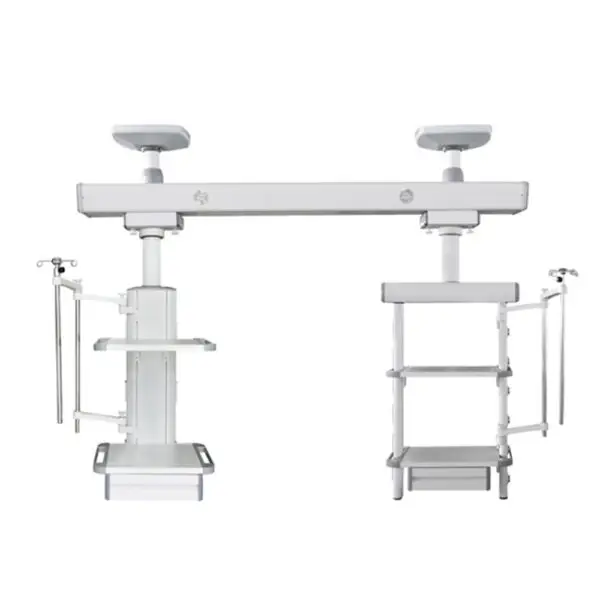
En entornos de cuidados intensivos, los puentes quirúrgicos de UCI desempeñan un papel fundamental para mejorar la atención al paciente y los procedimientos quirúrgicos. Este blog explora la definición, la funcionalidad, los beneficios y las consideraciones de los puentes quirúrgicos de UCI, ofreciendo una comprensión integral de su importancia en la atención médica moderna.
Un puente quirúrgico de UCI es un dispositivo médico especializado, diseñado para facilitar procedimientos quirúrgicos directamente en la unidad de cuidados intensivos (UCI). Integra tecnología y equipos avanzados para apoyar a los equipos quirúrgicos en la atención inmediata de pacientes críticos sin necesidad de traslado a quirófano.
Los puentes quirúrgicos de la UCI generalmente incluyen:
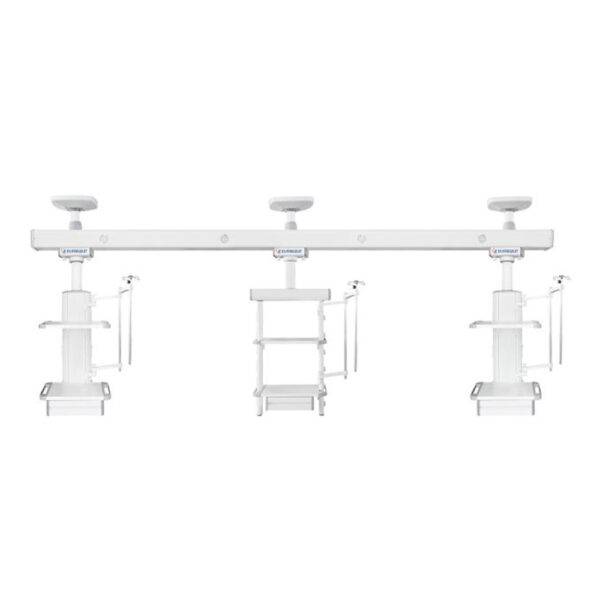

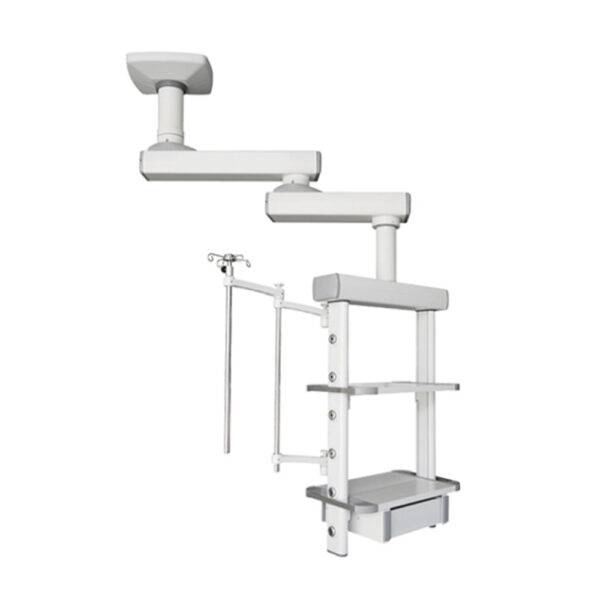


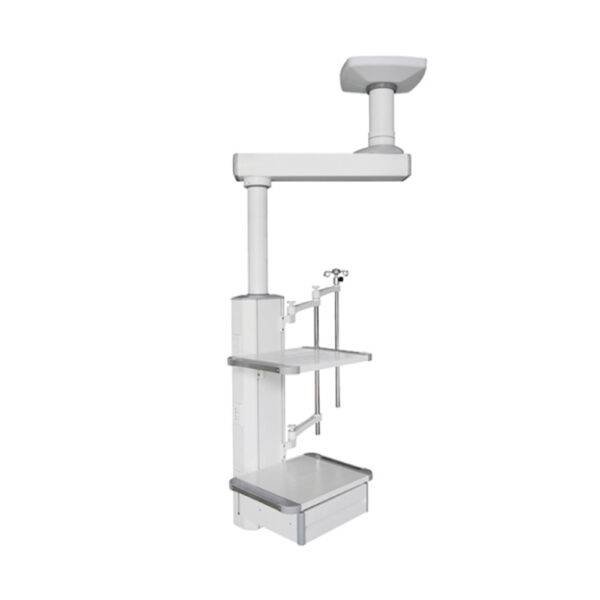
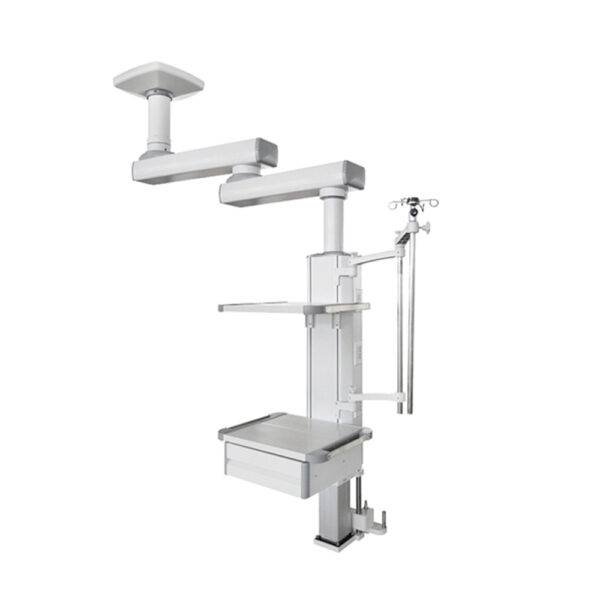
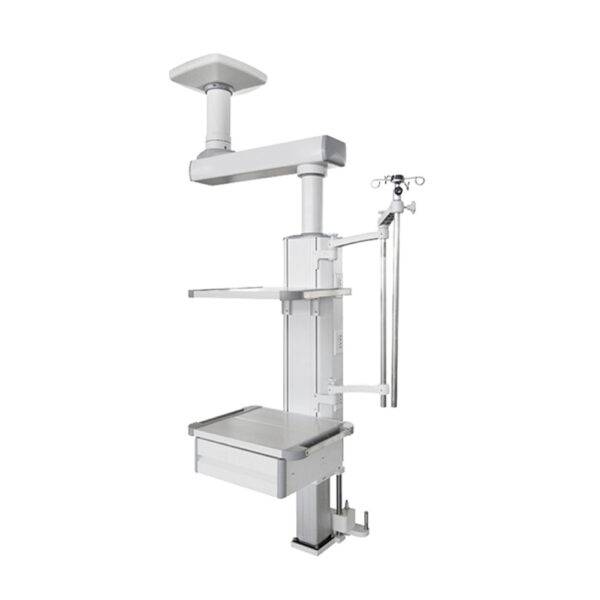
La siguiente tabla destaca las principales ventajas de utilizar puentes quirúrgicos de UCI en entornos de cuidados críticos:
| Ventaja | Descripción |
|---|---|
| Seguridad del paciente mejorada | Minimiza los riesgos del transporte y optimiza la continuidad de la atención a pacientes críticos. |
| Intervención inmediata | Permite procedimientos quirúrgicos oportunos sin demoras asociadas con la disponibilidad de la sala de operaciones. |
| Prestación de atención integrada | Facilita la colaboración multidisciplinaria entre los equipos de UCI y los especialistas quirúrgicos. |
| Tiempo de procedimiento reducido | Optimiza el flujo de trabajo al eliminar la necesidad de transferir pacientes entre unidades. |
| Eficiencia de costos | Reduce los costos generales de atención médica asociados con las estadías en la UCI y las cirugías de emergencia. |

Garantizar la compatibilidad con la infraestructura y los equipos existentes de la UCI para un funcionamiento sin problemas. Esto facilita la integración sin necesidad de realizar grandes modificaciones ni inversiones adicionales.
Brindar capacitación integral a los profesionales de la salud sobre el uso y mantenimiento de los sistemas de puentes quirúrgicos. Un personal bien capacitado mejora la eficiencia operativa y minimiza el riesgo de errores del usuario.
Cumplir con las directrices y estándares regulatorios para garantizar la seguridad del paciente y la calidad de la atención. El cumplimiento no solo garantiza la legalidad de la operación, sino que también genera confianza en la tecnología y sus aplicaciones clínicas.
Puentes de cirugía de UCI Representan un avance significativo en cuidados críticos, ofreciendo capacidades quirúrgicas inmediatas en la UCI. Al comprender su funcionalidad, beneficios y consideraciones de implementación, los profesionales de la salud pueden mejorar los resultados de los pacientes y optimizar la atención médica en situaciones de emergencia.
¿Cómo mejoran los puentes quirúrgicos de la UCI los resultados de los pacientes en comparación con los entornos quirúrgicos tradicionales?
Los puentes quirúrgicos de UCI facilitan la intervención quirúrgica inmediata sin los riesgos asociados al traslado del paciente a quirófano. Esta inmediatez reduce los retrasos críticos en el tratamiento, mejorando así los resultados del paciente, especialmente en situaciones de emergencia.
¿Qué tipos de procedimientos quirúrgicos se pueden realizar utilizando un Puente quirúrgico de UCI?
Los puentes quirúrgicos para UCI permiten una amplia gama de procedimientos a pie de cama, incluyendo cirugías mínimamente invasivas, colocación de catéteres e intervenciones de emergencia. Estos sistemas se adaptan a diversas especialidades quirúrgicas en entornos de cuidados críticos.
¿Cómo garantizan los hospitales la seguridad y esterilidad de los procedimientos quirúrgicos realizados mediante puentes quirúrgicos de UCI?
Los hospitales mantienen protocolos estrictos para la administración de anestesia, la esterilización del instrumental y el control de infecciones al utilizar puentes quirúrgicos en la UCI. Estas medidas garantizan que los procedimientos se realicen de forma segura y eficaz en el entorno de la UCI, minimizando así los riesgos para los pacientes.